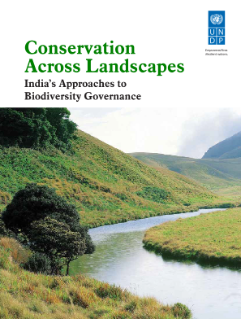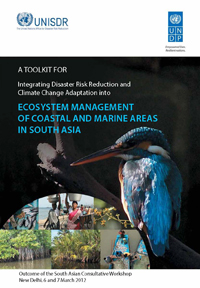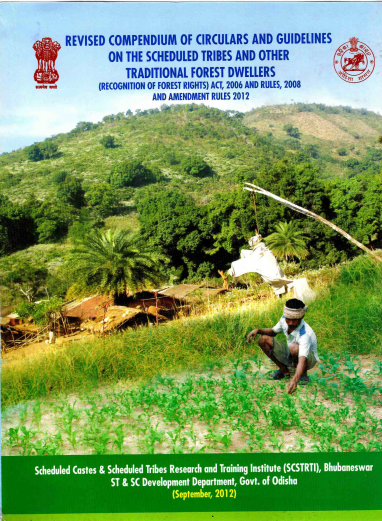Focal point
Location
NRMC is a technical and managerial advisory firm in the development sector that provides evidence-based solutions for sustainable, equitable and inclusive development.
Established in 2004, NRMC is engaged in creating impactful solutions that make a difference to the society. We achieve results at scale by catalyzing partnership with clients and communities. We believe in ethical business, nurturing talent to be courageous to push the limits of knowledge and discovering new ways of doing things.
NRMC experience, high quality skills, breadth of sectors, services make us preferred partners for public and private sector clients and partners in creating sustainable and scalable social impact.
We have a demonstrated in-depth understanding of sectors across project design and solution implementation. NRMC service offering incorporates all aspects of project and program management, development sector advisory, monitoring & evaluation and documentation. Focused on rural and urban poverty, Team NRMC is a professional service provider. Our experience on planning, advisory, technical and management support encompasses the social, institutional and gender dimensions of development. We work with a range of clients which include Government, bi-lateral and multi-lateral agencies, international NGOs, corporates and corporate foundations.
We constantly strive to understand community needs and aspirations, ensuring that we deliver contextual and impactful solutions on behalf of our clients and partners. With offices across six locations, we are able to provide effective and efficient solutions to clients and communities.
Members:
Resources
Displaying 121 - 125 of 208Conservation Across Landscapes: India’s Approaches to Biodiversity Governance
The publication examines five biodiversity governance models that have helped conserve India’s natural landscape. It presents salient features of these models and explores their effectiveness in conserving biodiversity, providing community access to resources and sharing of benefits and institutional design.
A Toolkit for Integrating Disaster Risk Reduction and Climate Change Adaptation into Ecosystem Management of Coastal and Marine Areas in South Asia
This toolkit provides a step-by-step guide to integrating disaster risk reduction and climate change adaptation into the coastal and marine ecosystem management in the coastal sub-region of South Asia including Bangladesh, India, Maldives, Pakistan and Sri Lanka.
The Odisha Special Survey and Settlement Act, 2012
An Act to deal with undertaking survey and settlement operations in the State by adopting modern technology to minimize the time span without compromising the quality, transparency and grievance redressal and related matters.
Revised Compendium on Circulars & Guidelines on the Scheduled Tribes and Other Traditional Forest Dwellers (Recognition of Forest Rights) Act, 2006 & Rules, 2008 and Amendment Rules, 2012
The Ministry of Tribal Affairs, Government of India enacted the Scheduled Tribes and Other Traditional Forest Dwellers (Recognition of Forest Rights) Act, 2006, a tribal friendly legislation to address the historical injustice and critical issues, pertaining to the forest rights deprivation of the Forest Dwellers. To facilitate its implementation, FRA Rules, 2008 was framed and then made amendment to the Rules in 2012. However, several constraining factors and issues came to the notice in the implementation process of the Act in letter and spirit.
A Study on Flash Floods and Landslides Disaster on 3 rd August 2012 along Bhagirathi Valley in Uttarkashi District, Uttarakhand
The present document provides an insight on the incidences of past disasters, and administrative, demographic, socio-economic and infra-structure perspective of the Uttarkashi district for assessing the vulnerability and capacity of the district in disaster risk reduction. The author has also attempted to discuss the causes and consequqneces of the recent event along with the response by various stakeholders. The report summarises the lessons learnt achieving and recommends measures that would be useful in devising strategies for achieving disaster risk reduction




